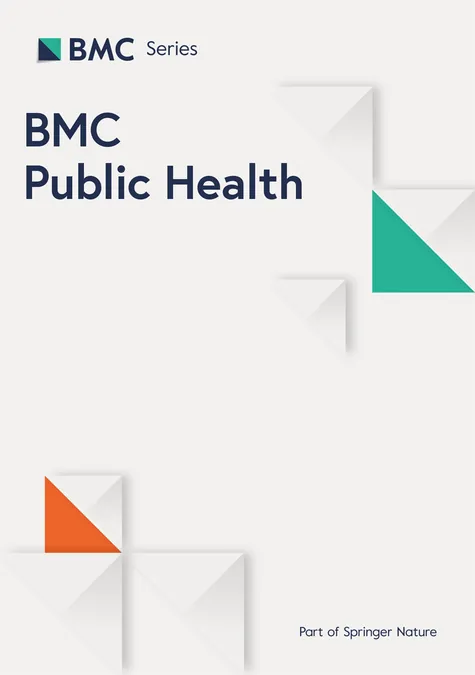
Unlocking Better Health: The Impact of E-Health Literacy on Diabetes Self-Care Among Middle-Aged Iranians
2025-04-12
Author: Nur
Introduction to E-Health Literacy and Diabetes
In today's digital world, e-health literacy has become crucial for effective disease management, especially for those battling chronic conditions like type 2 diabetes. This study delves into how e-health literacy influences self-care behaviors in middle-aged Iranian individuals with type 2 diabetes—a demographic facing rising health challenges.
The Study Framework
Conducted in Neyshabur City, Iran, in 2023, this cross-sectional study assessed 313 middle-aged (ages 30-60) type 2 diabetic patients using a range of questionnaires focused on demographics, diabetes self-care activities, and e-health literacy. Researchers utilized sophisticated statistical analyses to derive meaningful insights from their collected data.
Key Findings
The average age of participants was 48.41 years, with a striking finding that 61.5% demonstrated low e-health literacy. The results highlighted e-health literacy as a significant predictor of diabetes self-care practices, with a statistical correlation indicating that those with higher e-health literacy tended to engage more diligently in self-management behaviors.
Global Diabetes Context
Diabetes is a global epidemic, affecting roughly 500 million people worldwide, with forecasts projecting significant increases in upcoming years. In Iran, as in many lower and middle-income countries, the rise in type 2 diabetes cases is alarming, linked to factors like urbanization, lifestyle changes, and aging populations.
The Importance of Self-Care in Diabetes Management
Effective self-care encompasses dietary habits, regular exercise, monitoring blood sugar levels, and adhering to medication protocols. Research consistently shows that self-care practices are vital for maintaining healthy blood glucose levels and reducing complications associated with diabetes. However, many individuals struggle with these practices, leading to dire consequences.
E-Health Literacy: A Game Changer
E-health literacy refers to an individual's ability to seek, evaluate, and use health-related information from electronic sources. Higher e-health literacy fosters patient empowerment, enabling better decision-making and disease management. This study underscores its critical role in boosting self-care activities among diabetic patients.
Implications for Diabetes Care and Education
Our findings reveal the need for tailored educational programs that enhance e-health literacy among diabetic patients. Improving this literacy can lead to better self-management practices, which ultimately improves quality of life. It's essential for healthcare providers to leverage digital resources to support patient education effectively.
Socio-Economic Factors at Play
Notably, socio-economic status significantly influenced self-care behaviors, with patients from stable economic backgrounds demonstrating better self-care practices. Economic barriers often limit access to essential healthcare resources, highlighting the need for community support and ongoing education that transcends financial constraints.
Conclusion: A Call to Action
In conclusion, enhancing e-health literacy among middle-aged Iranians with diabetes is a critical step toward improving their self-care behaviors. As we adapt to the ever-evolving digital landscape, healthcare professionals must prioritize equipping patients with the skills to navigate their health journeys effectively. This research not only identifies the current landscape but also paves the way for future health initiatives aimed at reducing diabetes complications and improving patient outcomes.



 Brasil (PT)
Brasil (PT)
 Canada (EN)
Canada (EN)
 Chile (ES)
Chile (ES)
 Česko (CS)
Česko (CS)
 대한민국 (KO)
대한민국 (KO)
 España (ES)
España (ES)
 France (FR)
France (FR)
 Hong Kong (EN)
Hong Kong (EN)
 Italia (IT)
Italia (IT)
 日本 (JA)
日本 (JA)
 Magyarország (HU)
Magyarország (HU)
 Norge (NO)
Norge (NO)
 Polska (PL)
Polska (PL)
 Schweiz (DE)
Schweiz (DE)
 Singapore (EN)
Singapore (EN)
 Sverige (SV)
Sverige (SV)
 Suomi (FI)
Suomi (FI)
 Türkiye (TR)
Türkiye (TR)
 الإمارات العربية المتحدة (AR)
الإمارات العربية المتحدة (AR)